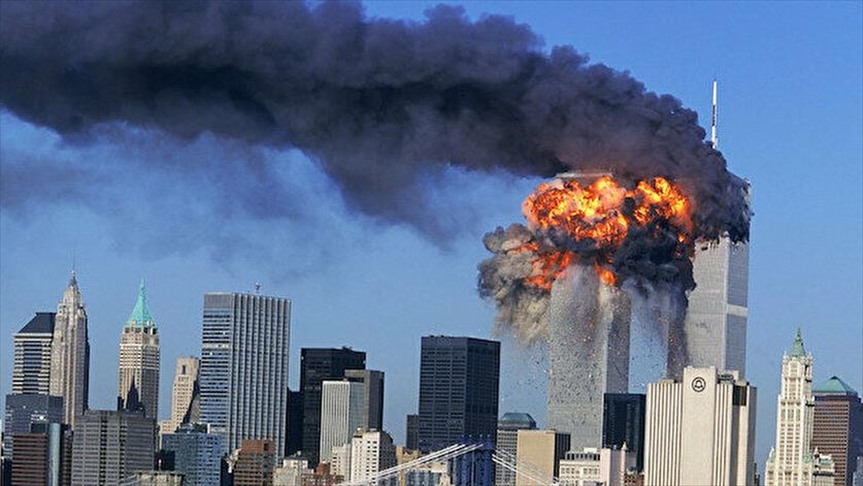The world has never been the same since the attacks, and the issue of Islamist terrorism is more relevant today than ever.
Twenty-two years after the tragic September day, the victims of the terrorist attack of September 11, 2001 are remembered in the United States. The political, economic and military consequences of the act, which claimed almost three thousand victims, practically changed the course of world history, and although in 2004 the investigation committee's report stated that the al-Qaeda terrorist organization was responsible, conspiracy theories are still being created to explain what happened.
September 11, 2001 started out as a beautiful, clear autumn day for the citizens of the United States. That changed in a single moment, when a low-flying passenger plane appeared in the cloudless blue sky of New York. American Airlines Flight 11 crashed into the North Tower of the World Trade Center between the 93rd and 97th floors at 8:46 am.
At 9:30 a.m., United Airlines Flight 175 crashed into the South Tower between the 78th and 83rd floors. At 9:38 a.m., a third passenger carrier, American Airlines Flight 77, hit the west side of the Pentagon building.
Television viewers all over the world could see live how the south tower collapsed at 9:50 a.m. and then the north tower at 10:29 a.m.
The attack, which was the worst on American soil since Pearl Harbor in 1941, killed nearly three thousand people, including more than four hundred firefighters and police officers. A fourth plane was part of the plan, but its passengers, after learning of what had happened in New York, attacked the terrorists, and United Airlines Flight 93 ended up crashing near Shanksville, Pennsylvania.
With the collapse of the twin towers, not only the skyline of New York changed forever, but also that of world politics. As a result of these events, the United States started two wars. Accused of supporting and hiding Osama bin Laden, who planned the operation, Afghanistan was attacked by America and Great Britain on October 7 of the same year, and their troops occupied the capital, Kabul, on November 13.
In December, Kundur and the Taliban's stronghold, Kandahar, fell, and by the beginning of 2002, practically the entire country fell into the hands of the Western powers. We can now clearly see the tragic consequences of the subsequent internal war: the Taliban are once again in power in Afghanistan, and the Americans were forced to withdraw from the country two years ago under chaotic conditions.
In 2003, Iraq was also attacked, in the course of a few months the regime of Saddam Hussein was overthrown, and he himself was captured, convicted and executed.
However, American success did not bring the promised democratic heaven, but unleashed unprecedented chaos and carnage on the country.
The United States was also forced to withdraw from here under conditions that can hardly be called glorious. Although the above operations were aimed at curbing terrorism, they were not successful either, and al-Qaeda carried out a series of other attacks, including in Madrid in 2004 and in London in 2005.
The world has never been the same since the attacks, and the issue of Islamist terrorism is more relevant today than ever.













